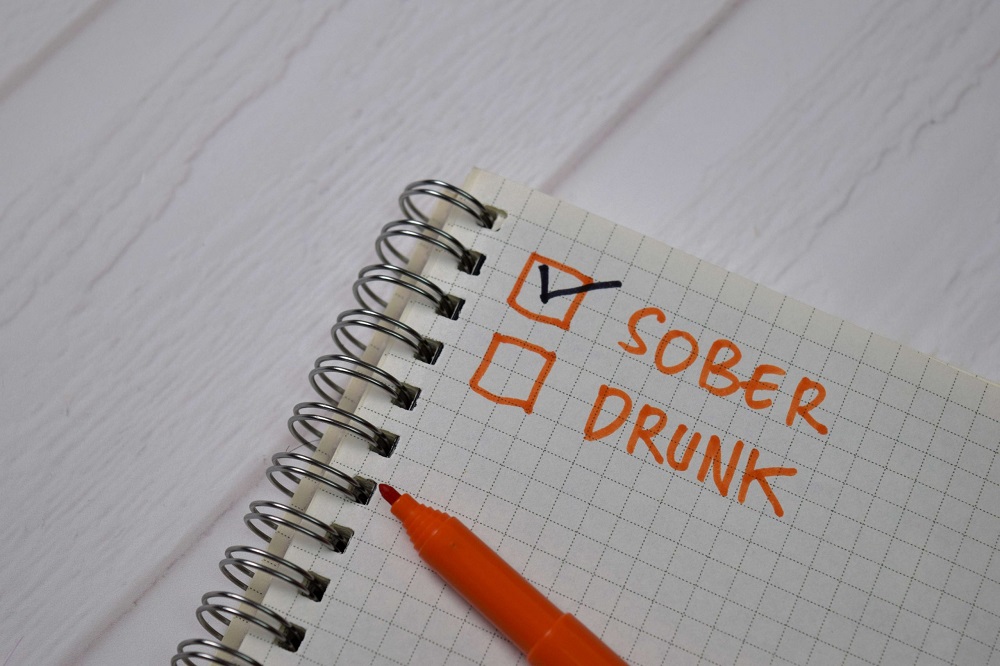It occurs in a controlled setting (not in the person’s home or family home). Intervention works by confronting the specific issues and encouraging the person to seek treatment. For example, a person withdrawing from alcohol can experience tremors (involuntary rhythmic shaking), dehydration, and increased heart rate and blood pressure. The truth is that anyone can develop alcohol use disorders and the withdrawal symptoms that come with this issue. However, there are some risk factors that make certain Florida residents more susceptible than others.
UK clinical guidelines for alcohol treatment : core elements of alcohol … – GOV.UK
UK clinical guidelines for alcohol treatment : core elements of alcohol ….
Posted : Mon, 16 Oct 2023 07:00:00 GMT [source]
Moreover, alcohol is responsible for 18.5 % of emergency room visits and was the third leading cause of preventable death in the United States as of 2019. Despite its prevalence, just over 7 % of those struggling with alcoholism received treatment in this same year. While the abstinence stage of withdrawal causes mostly physical symptoms, post-acute https://ecosoberhouse.com/ withdrawal is very psychological and emotional. If you think you may have a drinking problem, you’re definitely not alone. In 2021, researchers estimated nearly 30 million people ages 12 years and older in the United States had alcohol use disorder (AUD). We’re here 24/7 to help guide you or your loved on through rehab and recovery.
How is alcohol withdrawal syndrome treated ?
Others experiencing more severe symptoms may require hospitalization to avoid life threatening conditions. A doctor may also need to administer fluids intravenously to prevent dehydration and correct electrolyte abnormalities. They may also need to give medications to help reduce the severity of the symptoms. These mental illnesses typically exist in conjunction with alcohol addiction and can make it challenging for a person to recover without proper treatment all around. This is especially true for mental illnesses like anxiety, bipolar disorder, depression and post-traumatic stress disorder.
- If you don’t already have a supportive network, you can make new connections by joining social media communities dedicated to alcohol-free living.
- These mental illnesses typically exist in conjunction with alcohol addiction and can make it challenging for a person to recover without proper treatment all around.
- These stages can help prevent relapse and support people to live healthier, fuller lives.
- When a person stops drinking, these neurotransmitters react by working feverishly.
- In one study, 60 % of people with cocaine use dependence who underwent CBT along with prescription medication provided cocaine-free toxicology screens a year after their treatment.
For all patients, especially those experiencing severe withdrawal symptoms, proven benefits of treatment include amelioration of symptoms, prevention of both seizures and DT’s, and treatment of DT’s. Treatment also may prevent increasing severity of withdrawal during subsequent withdrawal episodes and https://ecosoberhouse.com/article/cure-for-alcohol-withdrawal-symptoms/ encourage the patient to enter alcoholism treatment for relapse prevention. AW syndrome varies significantly among alcoholics in both its clinical manifestations and its severity. These manifestations1 can range from mild insomnia to severe consequences, such as delirium tremens (DT’s) and even death.
– Get medical assistance if you are progressing toward Delirium Tremens.
But he died the next day from, as his family alleges, complications from alcohol withdrawal. He never got a chance to plead his case or make amends to his child. The challenge of this stage is to essentially develop and maintain healthy life skills that will serve you for a lifetime.
- The term “manifestations of alcohol withdrawal,” which is used in this article, can refer to either signs or symptoms.
- You don’t need to be diagnosed with alcohol use disorder in order to quit drinking.
- The withdrawal becomes more and more severe each time, even if the amount of alcohol consumed is the same or even reduced.
- So far, there’s no consensus on the medical definition of recovery in alcohol treatment literature.
- These symptoms occur as a person’s body adjusts to the absence of alcohol in their system.
Less frequently, people can develop severe symptoms of alcohol withdrawal syndrome. Talk to your doctor or a drug treatment specialist about what to expect as you experience alcohol withdrawal. Identify a family member or friend who you can call on to provide emotional support.
Phone, Video, or Live-Chat Support
There is no exact timeline for alcohol withdrawal, and individual factors, such as the level of dependence on alcohol, will influence it. When that person cuts out alcohol, there is a period when their brain hasn’t yet received the message and still overproduces the stimulating chemicals. With alcohol out of the equation, though, these chemicals cause withdrawal symptoms. If you drink only once in a while, it’s unlikely that you’ll have withdrawal symptoms when you stop. But if you’ve gone through alcohol withdrawal once, you’re more likely to go through it again the next time you call it quits. If you drink alcohol heavily for weeks, months, or years, you may have both mental and physical problems when you stop or seriously cut back on how much you drink.

This is because your addiction becomes all-consuming, dulling the vibrancy of life. Millions of people join support groups to help stop drinking and stay stopped. Studies show support groups play an instrumental role in helping people develop healthy social networks that result in continued sobriety. However, medical complications can occur during the acute phase of withdrawal.